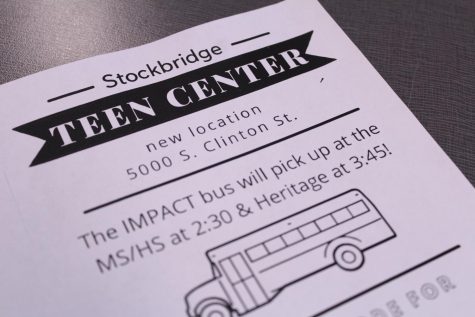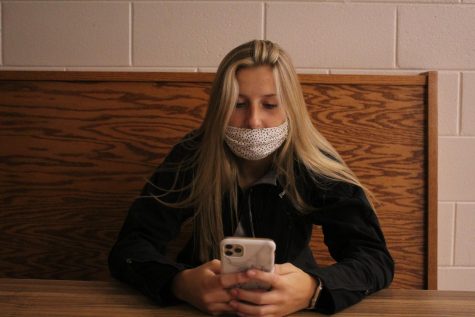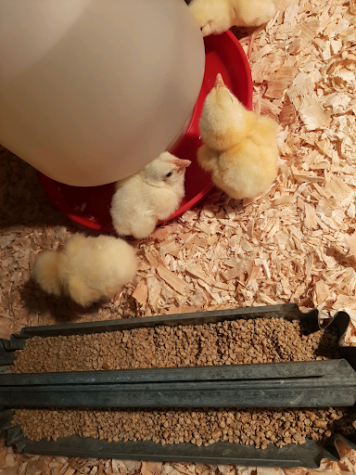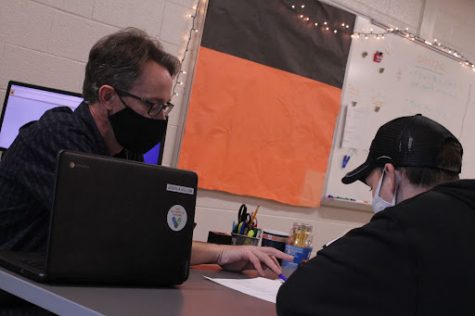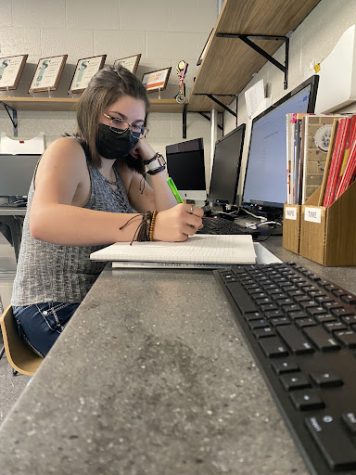The corruption of the adoption option
I am still a teenager; I eat a lot. I am still growing; I need a lot, so just imagine the amount of shrunken blue jeans hanging in my closet. I am a kid; I cost a lot. But, my parents did not have to pay to have me.
To adopt, families must prove that they are financially and physically capable of caring for a child, and then rip out the cash from their wallets, or even chop off a ligament or two in order to pay to give a child a loving home. Love should not have a price tag, but it does.
About 135,000 children are adopted in the United States each year, according to PBS. Of that amount, 59 percent are from the child welfare (or foster) system, 26 percent are from other countries, and 15 percent are voluntarily relinquished American babies.
According to Creating a Family, the average adoption cost is $28,000. That rounds out to just under $4 trillion per year on adoption costs alone.
And then, that family has to provide food and clothing for the remainder of the adoptee’s childhood. Any parent can vouch that the necessities cost, by themselves, are expensive enough.
On top of the colossal cost, each outside country has its own set of guidelines in which the families have to follow and criteria they have to match, some of which makes no sense to require.
For example, China, which is the most popular country that Americans adopt from, requires that the person(s) adopting can not be divorced more than twice, and that the person(s) may not be LGBTQ, according to Adoption.com.
And, even our own Governor Rick Snyder has made rejection of services to same-sex couples legal in Michigan if it conflicts with the beliefs of the child-placing agency, as of 2015.
When families want children and can not physically have them, that pain is devastating enough. But, to know that they can not afford or meet the criteria for their only other options of having a human child, that can be soul-crushing.
The adoption agencies are cruel–they keep hope just far enough away that it is obtainable to few, but just close enough that every family seeking adoption will not stop trying.
According to the Adoption Network, approximately one third of all Americans have considered adoption, but no more than two percent of them have actually adopted.
The amount of children who are lacking loving homes grows from year to year.
On any given day in 2016, there were approximately 117,794 children waiting to be adopted according to the annual Adoption and Foster Care Analysis and Reporting System (AFCARS) report, as opposed to the approximate 107,011 in the 2010 report. That is a 10 percent increase in kids who are lacking home over the course of only six years.
Cut the act, adoption agencies. These children need homes, and we want them in ours.





